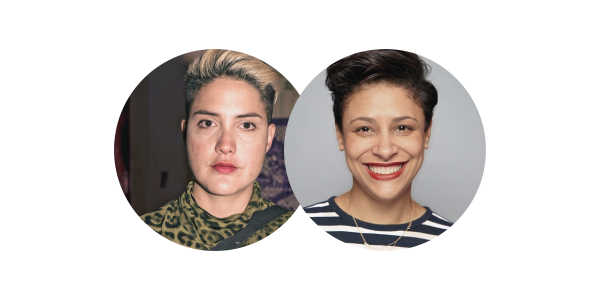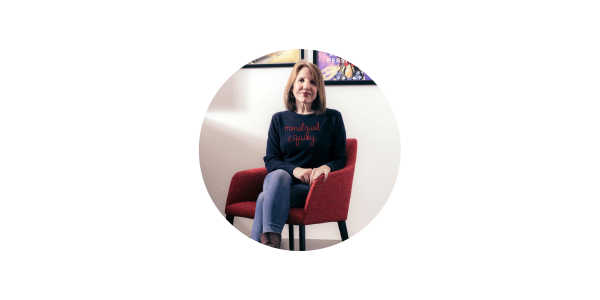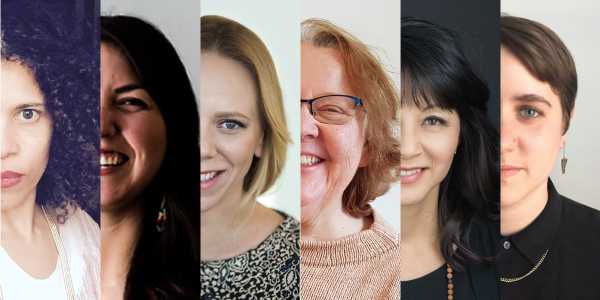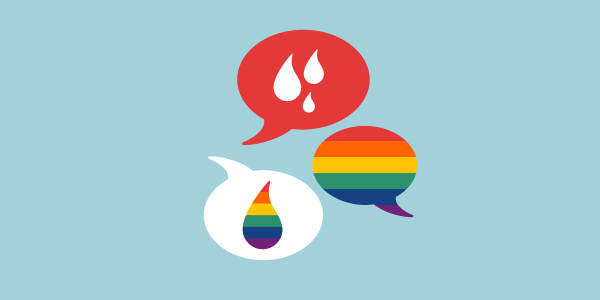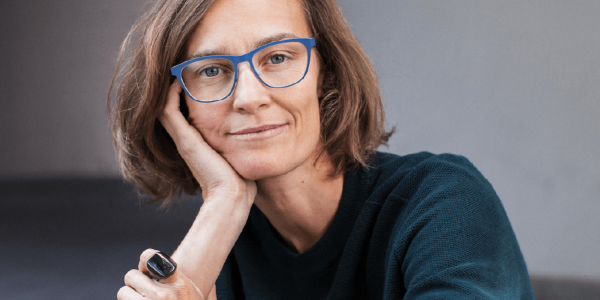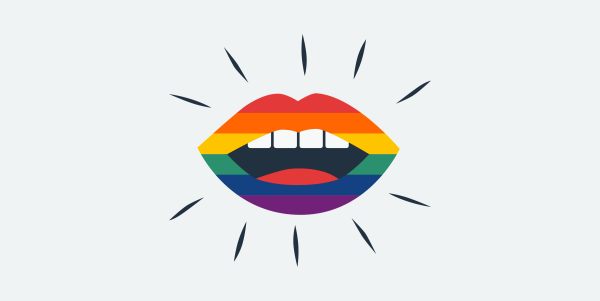
Accessibility and gendered language at Clue
You will also see us using the phrase "women and people with cycles" as a way to address our largest...
You will also see us using the phrase "women and people with cycles" as a way to address our largest...
Women and people with cycles have historically been left out of medical research, with deadly consequences.
Sex education can help us make decisions, but only when taught in a way that is relevant to our individual...
My non-profit organization in rural Kenya saw a radical shift when we started involving the boys and men.
We spoke to Jennifer Weiss-Wolf, the author of “Periods Gone Public,” about what menstrual equity means.
In the '70s and '80s, our neighborhood was a hub for new ideas about healthcare.
This International Women’s Day, we celebrate the women advancing reproductive health. Here are some women making an impact.
Our bodies do not determine our identities, and we are so much more than merely bodies.
You will also see us using the phrase "women and people with cycles" as a way to address our largest...
Women and people with cycles have historically been left out of medical research, with deadly consequences.
Sex education can help us make decisions, but only when taught in a way that is relevant to our individual...
My non-profit organization in rural Kenya saw a radical shift when we started involving the boys and men.
We spoke to Jennifer Weiss-Wolf, the author of “Periods Gone Public,” about what menstrual equity means.
In the '70s and '80s, our neighborhood was a hub for new ideas about healthcare.
This International Women’s Day, we celebrate the women advancing reproductive health. Here are some women making an impact.
Our bodies do not determine our identities, and we are so much more than merely bodies.
